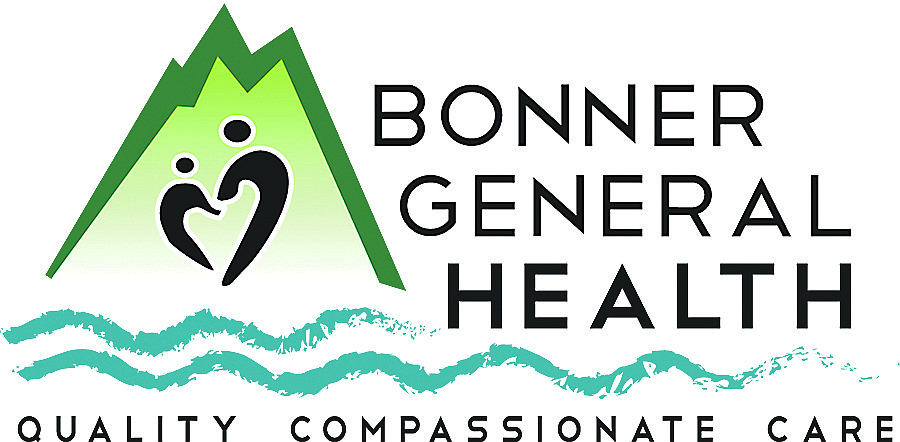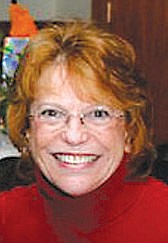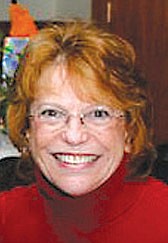Stop procrastinating, book your mammogram
At one time or another we are all guilty of putting things off. But, you know that procrastination isn’t an incurable disease. So, clear your calendar for this Saturday, Oct. 14, then call 208-265-3349 to get your spot for a mammogram at Bonner General Health’s Sip & Screen. It’s the only BGH diagnostic imaging service that doesn’t require a provider’s referral.
Roughly one in eight women in the U.S. will get breast cancer in their lifetime, and every year more than 40,000 women die from the disease. Taking an hour to get a screening is a small sacrifice to ensure you aren’t one of these statistics.
Breast cancer is the second most common cancer among women (skin cancers top the list). And, for the most part, until breast cancer is well advanced, there are no symptoms. That’s why it’s crucial to get screened because mammograms can detect breast cancer while it’s still very treatable.
The United States Preventive Services Task Force recommends that women 50 to 74 years old with an average risk for breast cancer get a mammogram every two years. “Women who are 40 to 49 years old should talk to their doctor or other healthcare provider about when to start and how often to get mammograms.”
If you’re thinking that you’re not at risk because no other family members have been diagnosed with breast cancer, think again. The National Breast Cancer Foundation says “Although women who have a family history of breast cancer are in a higher risk group, most women who have breast cancer have no family history. Statistically only five to ten percent of individuals diagnosed with breast cancer have a family history of this disease.”
That said, if your grandmother, mother, or sister has had breast cancer, you might want to talk to your healthcare provider about genetic testing. “While BRCA1 and BRCA2 gene mutations may increase your odds of developing breast cancer, your odds of having either mutation are pretty small,” NBCF says. “There are also other gene mutations besides BRCA that could increase the risk of breast cancer.”
One of the critical things we each should know is our normal. What do our breasts normally look and feel like. It’s not unusual for breasts to be a bit lumpy, particularly near menstruation. But, if those lumps are hard or cause pain, it’s time to see the medico. All women should know how to do a breast self-exam. There are a multitude of descriptions on the internet. Look it up.
The Federal Drug Administration says that signs of breast cancer include a “lump in the breast or underarm; swelling or thickening of all or part of the breast; dimpling or skin irritation of breast skin; redness, scaliness or thickening of the nipple or breast skin; nipple discharge (other than breast milk); any change in the size or shape of the breast; and pain in area of the breast.”
It’s important to note here, that men can also develop breast cancer. Roughly one out of every hundred breast cancer diagnosis is found in a man. The Centers for Disease Control and Prevention says that the symptoms are similar to women. They include a lump or swelling in the breast; redness or flaky skin; irritation or dimpling; nipple discharge; and pulling in of the nipple or pain in the nipple area. If you have any of those signs, call your healthcare provider immediately.
I’d be remiss if I didn’t tell you that every screening test has benefits and risks. Obviously, the benefit of a mammogram is finding cancer early when it’s easiest to treat. The CDC says risks include false positive or false negative test results. Or, that tests can lead to overdiagnosis which can mean that what they see won’t cause problems or will go away on its own.
It’s my opinion that the benefits outweigh the risks. And I’ll be willing to bet that my friends and relatives who’ve experienced breast cancer will agree with me. I’m sure you have questions. I think the best resource is your primary care provider, but the second best is a booklet produced by NBCF called Most Asked Questions by Diana L. Lam, M.D. You can download it for free at www.nationalbreastcancer.org or email me and I’ll reply with a copy.
Kathy Hubbard is a member of Bonner General Health Foundation Advisory Council. She can be reached at kathyleehubbard@yahoo.com.



